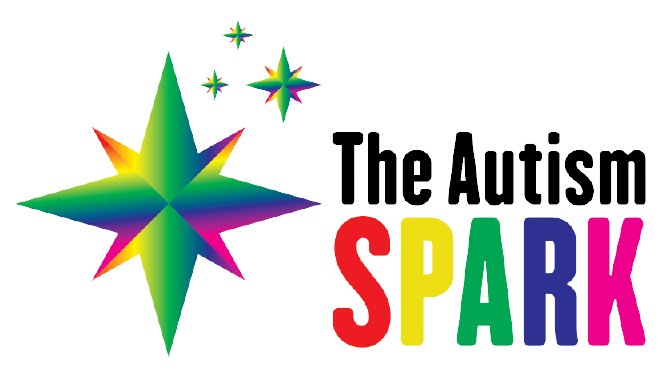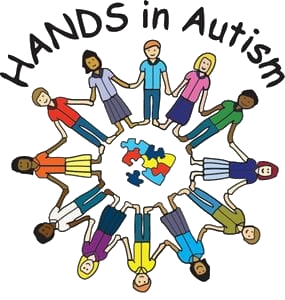Do People with Autism Have Empathy?

Empathy, the ability to understand and share the feelings of others, is a complex social skill that plays a crucial role in human relationships and interactions. While there is a common misconception that individuals with autism lack empathy, research suggests that this is not necessarily the case.
Individuals with autism may experience empathy differently or express it in unconventional ways compared to neurotypical individuals. For example, some individuals with autism may struggle with recognizing or interpreting social cues and facial expressions associated with emotions, leading to difficulties in demonstrating empathy in conventional ways.
However, this does not mean that individuals with autism lack empathy altogether. Many individuals with autism possess a deep capacity for empathy and compassion, albeit expressed in unique ways. For example, individuals with autism may demonstrate empathy through acts of kindness, offering practical support, or expressing concern in ways that may be less overt but equally meaningful.
Moreover, research has shown that individuals with autism may exhibit heightened sensitivity to the emotions of others, experiencing empathy on a profound emotional level. While they may struggle with verbalizing or expressing their empathy in traditional ways, their ability to empathize with others’ experiences should not be underestimated.
It is essential to recognize that empathy is a multifaceted construct that encompasses cognitive, emotional, and behavioral components. While individuals with autism may face challenges in certain aspects of empathy, they are capable of forming meaningful connections and relationships with others based on understanding, compassion, and mutual respect.
In conclusion, individuals with autism possess the capacity for empathy, albeit expressed in unique ways that may differ from neurotypical individuals. By fostering understanding and acceptance of diverse ways of experiencing and expressing empathy, we can promote inclusivity and support individuals with autism in building meaningful connections with others.


